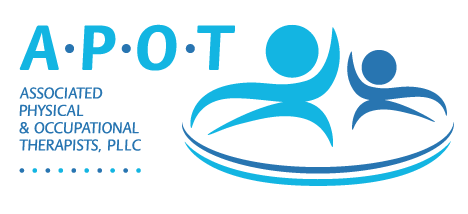CONTINUING EDUCATION OPPORTUNITIES
Join our CEU e-mail list to hear when new courses are available

Missing a certificate from a previous course?
Looking for Continuing Education Credits for Your Staff?
-
Our exceptional group of pediatric OT and PTs are available to develop custom topics and to present information that your staff are looking for.
-
APOT can provide OT & PT CEUs for coursework provided by other agencies. YOU can select your own presenter, topic, and schedule, and WE can provide certification so your staff can receive credit for participation.


